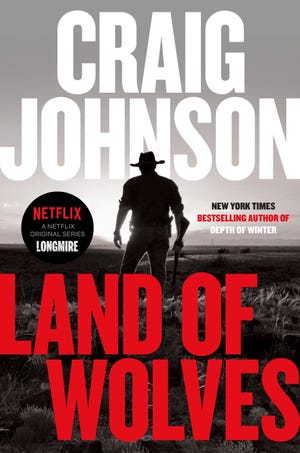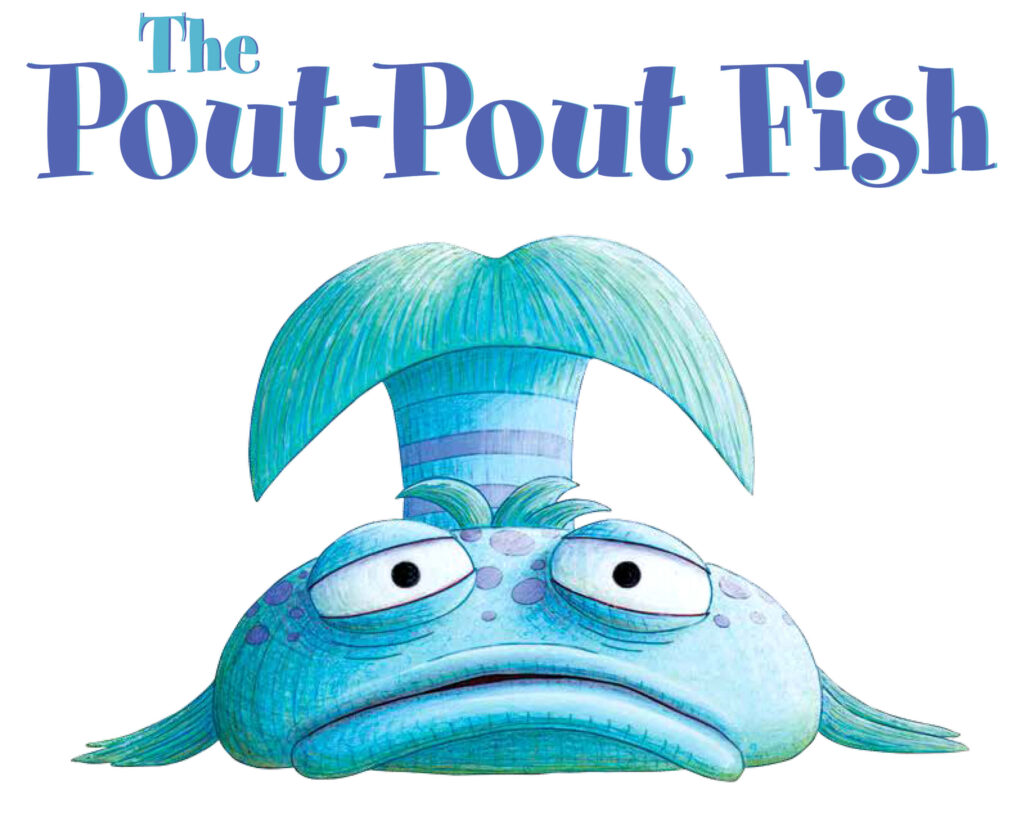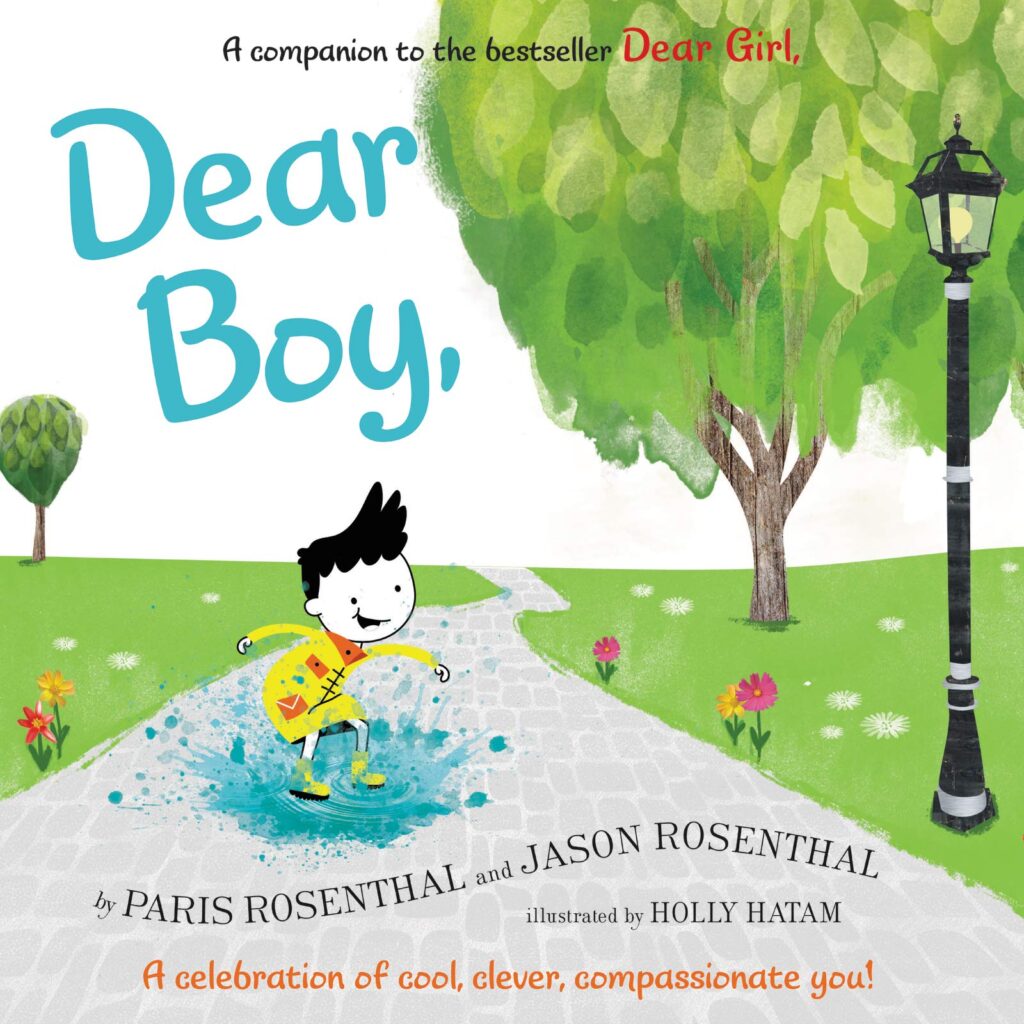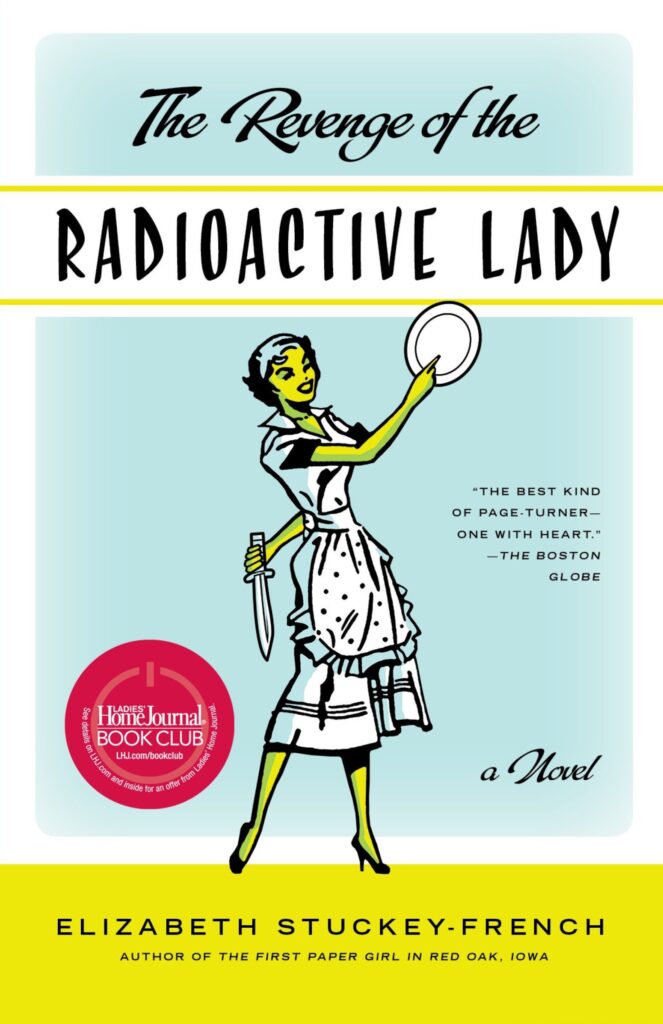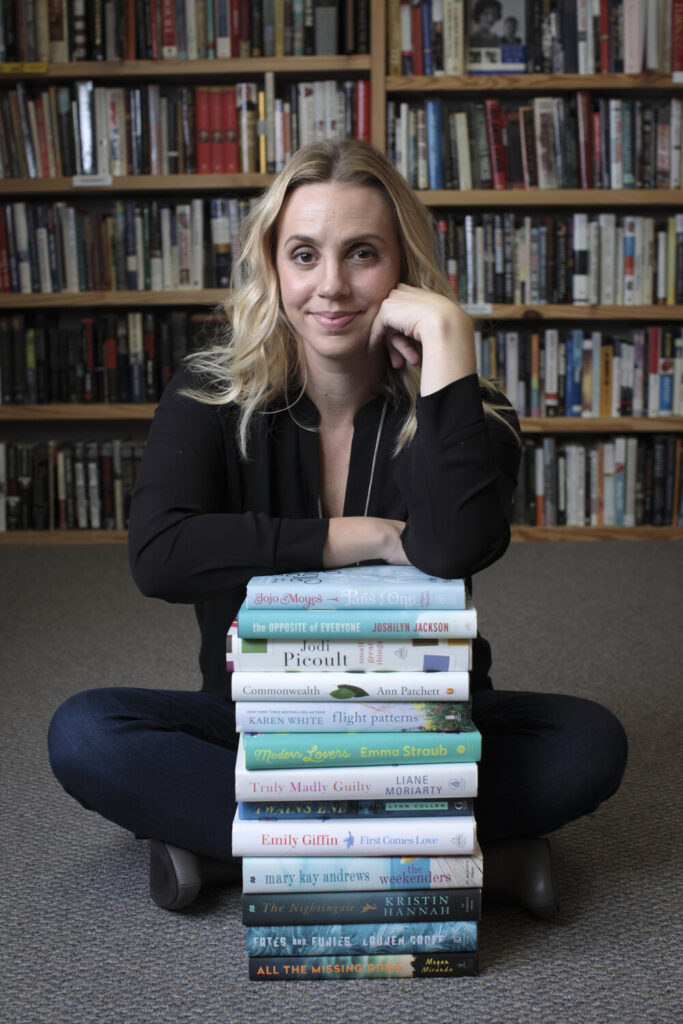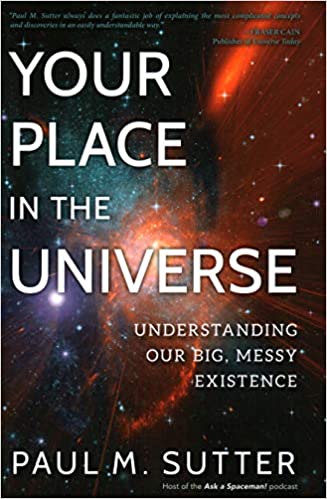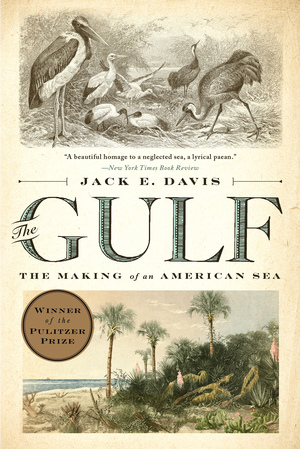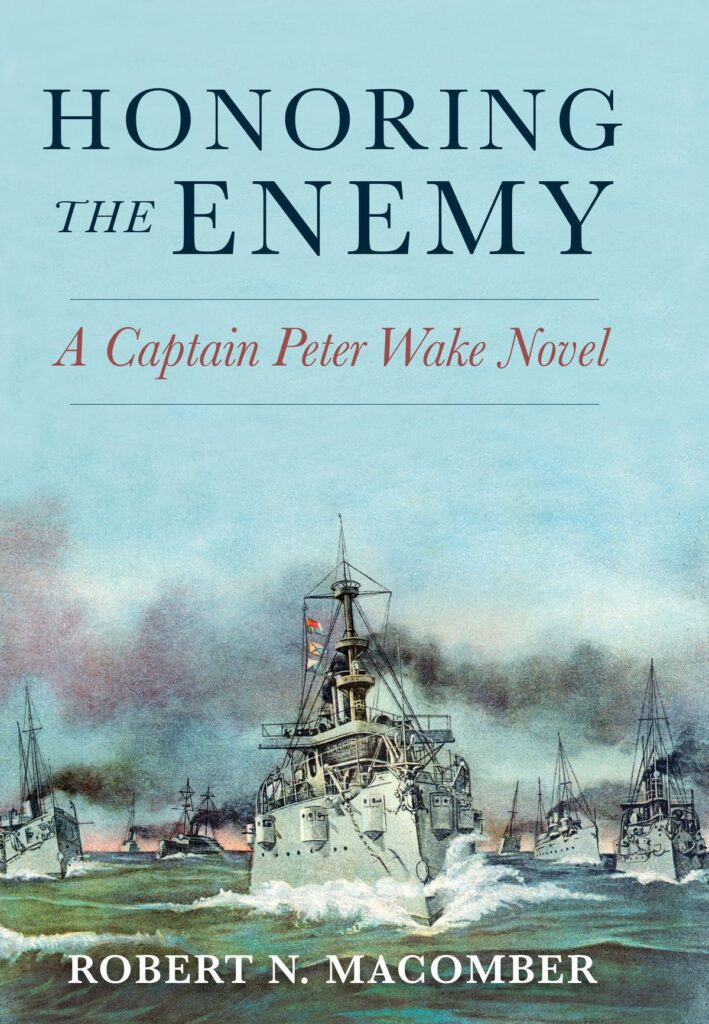“My mother taught me to read when I was five years old. It took six weeks, and I became a voracious reader.”
That’s how Stuart Woods, the author of more than 75 novels, explained his start to me—I although as it turned out, it was a short start.
Stuart will be at Midtown Reader on Thursday, Oct. 17, to talk about his newest thriller, “Stealth.”
“I made a stab at a novel when I was 9 years old, but I only got about three pages in,” he said. “It was hard, so I gave it up.”
If that had been the end of his fascination with writing, readers wouldn’t have been able to enjoy his collection of fast-paced, action-packed thrillers that have collectively sold millions of copies around the world. Fortunately, that wasn’t the case.
“When I was 10, I was at my grandmother’s house and I found a box with a police chief’s badge, half shot away and covered in what I thought was blood,” he said. “My aunt told me it belonged to my grandfather, who was the Chief of Police in our small Georgia town and who was killed in the line of duty.”
This discovery eventually became the inspiration for his first novel, “Chiefs,” which Woods said is his favorite of the books he has written.
Based on his family history, it was fulfilling to finish. But it took Woods about eight years to complete — six longer than he would have preferred. Now he writes four books a year, thanks in part to the discipline he learned during his 10 years spent in advertising.
“The most valuable skill a writer can have is the ability to plant one’s ass in a chair and write 1,500 words every day, whether you want to or not,” he said. “And the best cure for writer’s block is to just write something.”
At a pace of four books per year, Woods relies on his skills of improvisation to bring characters and scenes to life.
He said he starts with a blank screen and writes a scene, then evaluates it the next day and writes another scene, which eventually catapults him into his next story idea. He compared it to working on a jigsaw puzzle but in reverse, cutting out the shapes of the pieces as you go along.
“Once I have the events in my head it all fits together,” he explained, “although my characters are always turning left when I thought they would turn right.”
And as for book recommendations from the still voracious reader? Woods didn’t hesitate.
“Read everything by Mark Twain,” he said. “He’s the best writer this country has ever produced, and the funniest.”
This article was first published in the Tallahassee Democrat.


